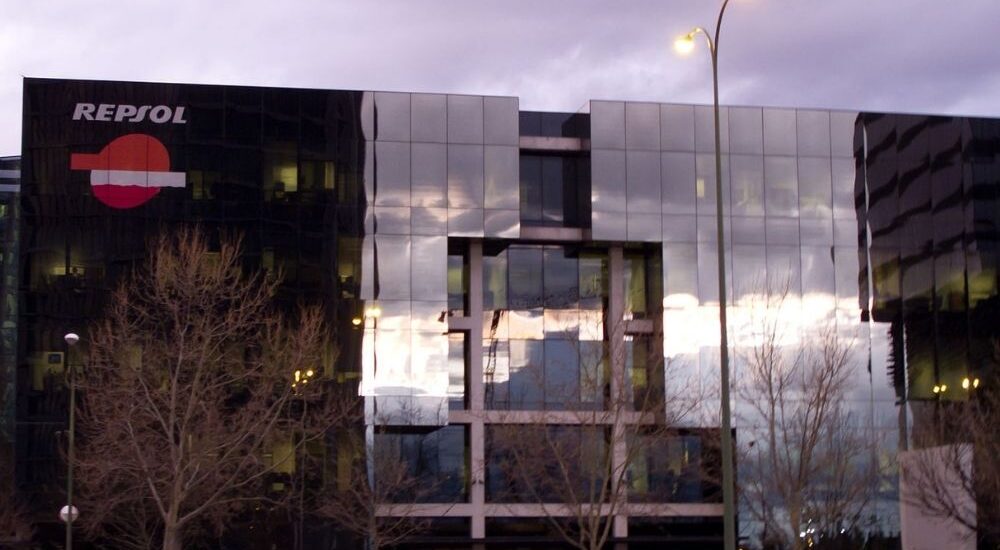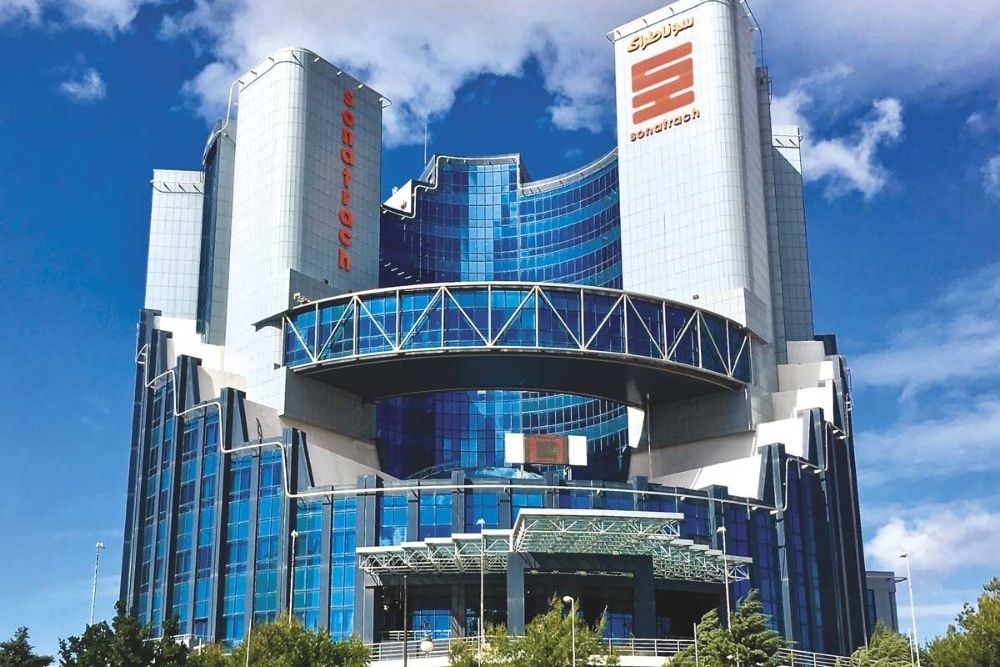Repsol acquires renewables company ConnectGen, enters U.S. onshore wind market
- September 8, 2023
- Posted by: Quatro Strategies
- Categories: ESG & Renewable Energy, Europe, United States

Spanish energy company Repsol has entered the US onshore wind market through its acquisition of renewable energy developer ConnectGen for $768 million. The purchase is part of Repsol’s strategic shift from oil and gas to renewable energy, with a strong emphasis on the US market.
ConnectGen, which is being acquired from Quantum Capital, has 20 GW of planned onshore wind, solar, and energy storage projects in its portfolio. This acquisition aligns with Repsol’s goal of achieving 20 GW of installed renewable capacity by the end of the decade. Currently, Repsol operates around 2 GW of renewable energy projects and has another 3 GW under construction.
Repsol’s strategic move into the US onshore wind market underscores the company’s commitment to renewable energy generation, particularly in the US, which it views as a key market with substantial growth potential.
This acquisition comes on the heels of Repsol’s agreement to sell its oil and gas assets in Canada to Peyto for $468 million. It represents another significant step in Repsol’s ongoing efforts to expand and strengthen its presence in the renewable energy sector. The deal is expected to be finalized by the end of the year.
Interested in learning more?
Sign up for Top Insights Today

Top Insights Today delivers the latest insights straight to your inbox.
You will get daily industry insights on
Oil & Gas, Rare Earths & Commodities, Mining & Metals, EVs & Battery Technology, ESG & Renewable Energy, AI & Semiconductors, Aerospace & Defense, Sanctions & Regulation, Business & Politics.



